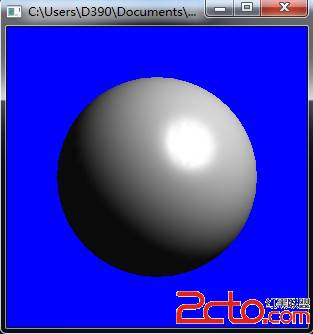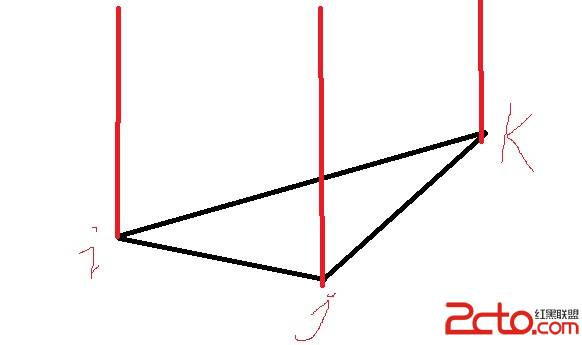c++学习笔记
1.常量--在类中使用常量
[cpp]
#include<iostream>
using namespace std;
class A
{
private:
const int SIZE=18;
public:
A(){}
};
int main()
{
return 0;
}
#include<iostream>
using namespace std;
class A
{
private:
const int SIZE=18;
public:
A(){}
};
int main()
{
return 0;
}上面的程序在编译时报错,类中用const定义的成员变量只能在构造函数中初始化进行初始化。
[cpp]
#include<iostream>
using namespace std;
class A
{
private:
const int SIZE;
public:
A(int size):SIZE(size){}
// 常量变量只能在构造函数,普通方法无法设置SIZE
//编译无未能通过
void setSize(int size)
{
SIZE = size;
}
};
#include<iostream>
using namespace std;
class A
{
private:
const int SIZE;
public:
A(int size):SIZE(size){}
// 常量变量只能在构造函数,普通方法无法设置SIZE
//编译无未能通过
void setSize(int size)
{
SIZE = size;
}
};2.函数返回值
[cpp]
#include<iostream>
using namespace std;
char *getStr()
{
char p[] = "abc";
return p;
}
int main()
{
char *t = NULL;
t = getStr();
//输出乱码
cout<<t<<endl;
return 0;
}
#include<iostream>
using namespace std;
char *getStr()
{
char p[] = "abc";
return p;
}
int main()
{
char *t = NULL;
t = getStr();
//输出乱码
cout<<t<<endl;
return 0;
}在getStr()中定义了一个局部字符数组,里面存放字符串"abc"。返回p的首地址,为什么输出的结果是乱码。因为在p是在getStr()内部定义的,局部变量是在内存的栈区分配的内存,其作用在函数体的内部。函数体结束后,栈区的容自动释放。所以在main函数输出的是乱码。
[cpp]
#include<iostream>
using namespace std;
char *getStr()
{
char p[] = "abc";
printf("getStr()中p的地址:%d\n",p);
return p;
}
int main()
{
char *t = NULL;
printf("t的初始地址:%d\n",t);
t = getStr();
printf("函数调用后t的地址:%d\n",t);
return 0;
}
#include<iostream>
using namespace std;
char *getStr()
{
char p[] = "abc";
printf("getStr()中p的地址:%d\n",p);
return p;
}
int main()
{
char *t = NULL;
printf("t的初始地址:%d\n",t);
t = getStr();
printf("函数调用后t的地址:%d\n",t);
return 0;
}
在上面的程序可知t和p指向同一地址。但是在getStr()变量作用域只在函数体内。所以在main函数中输出与p同一地址的内容是乱码
[cpp]
<PRE></PRE>
<PRE></PRE>
<PRE></PRE>
补充:软件开发 , C++ ,





